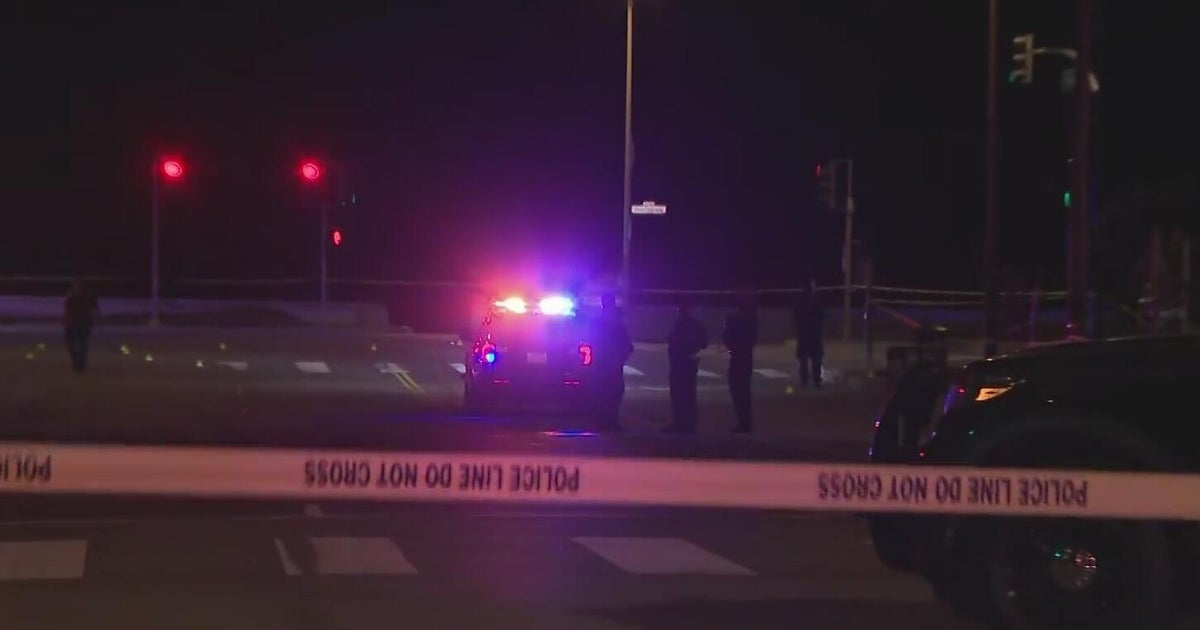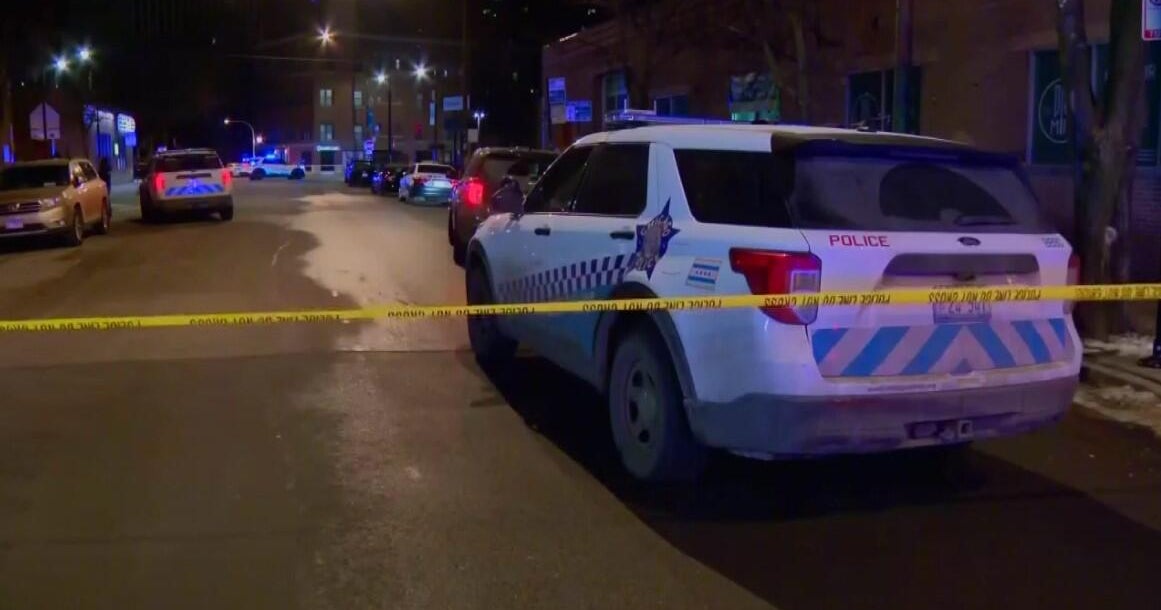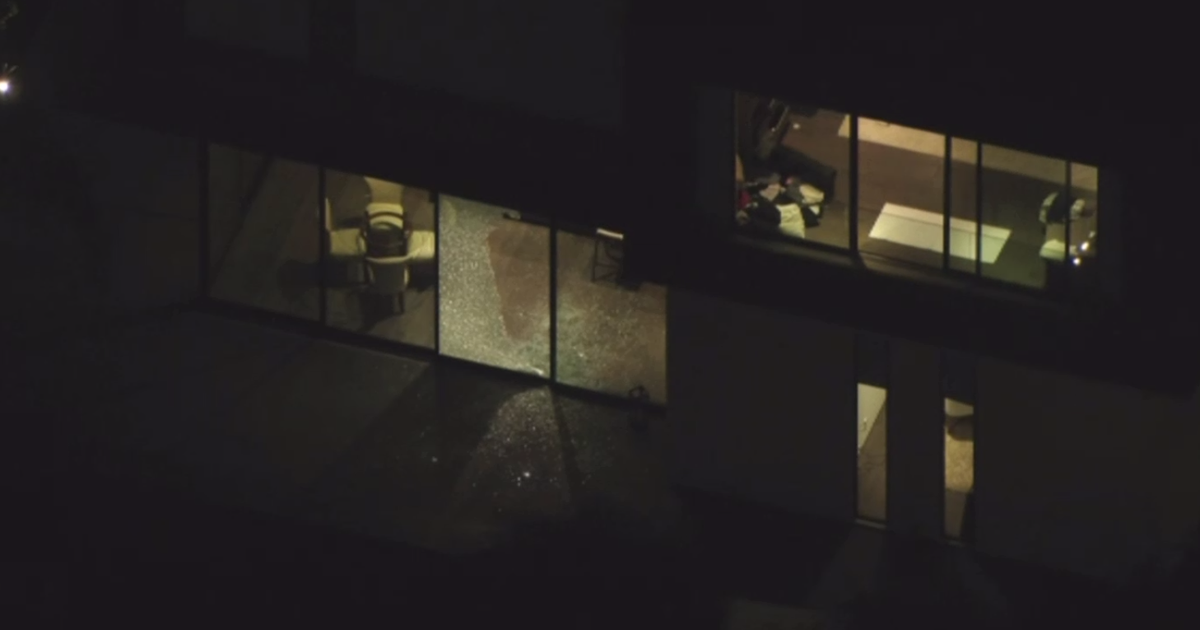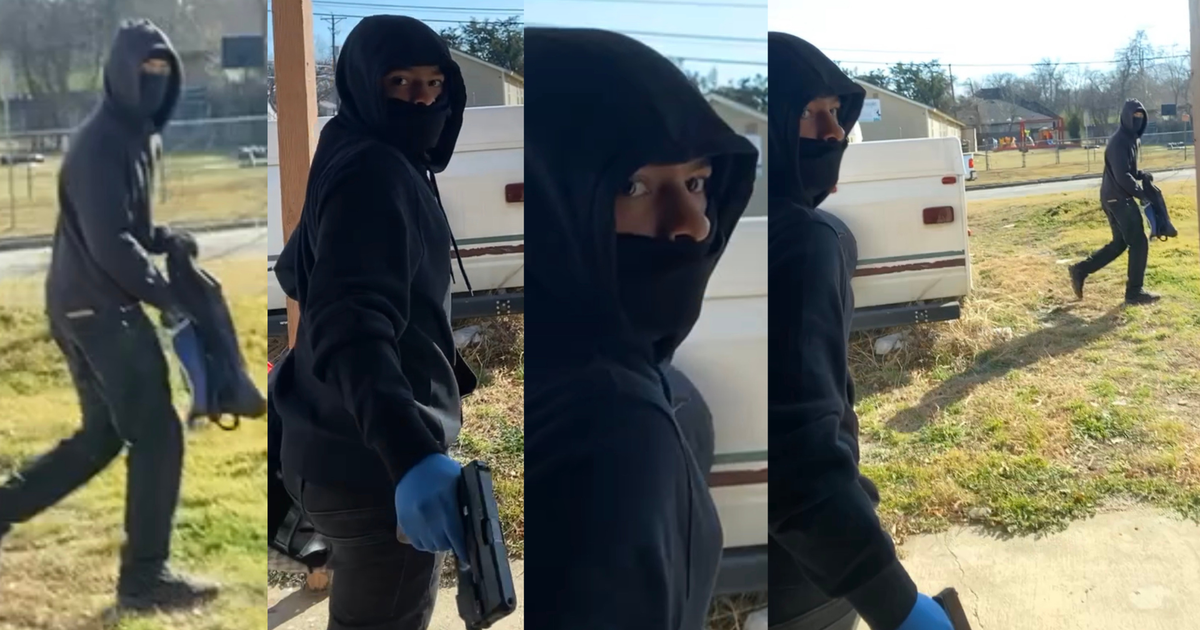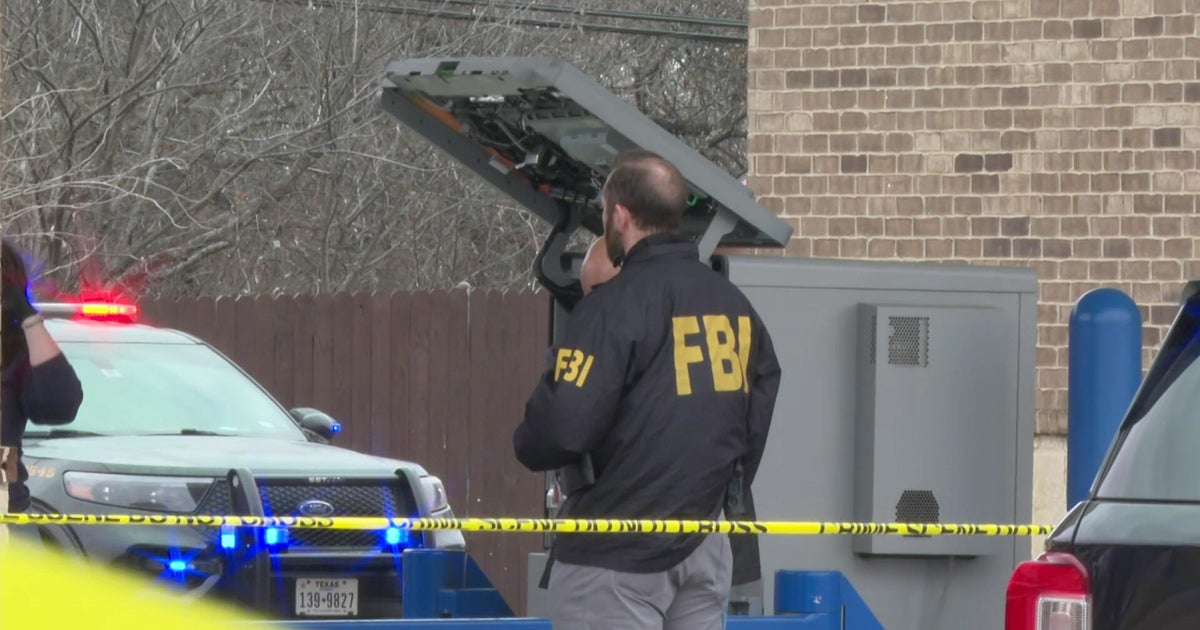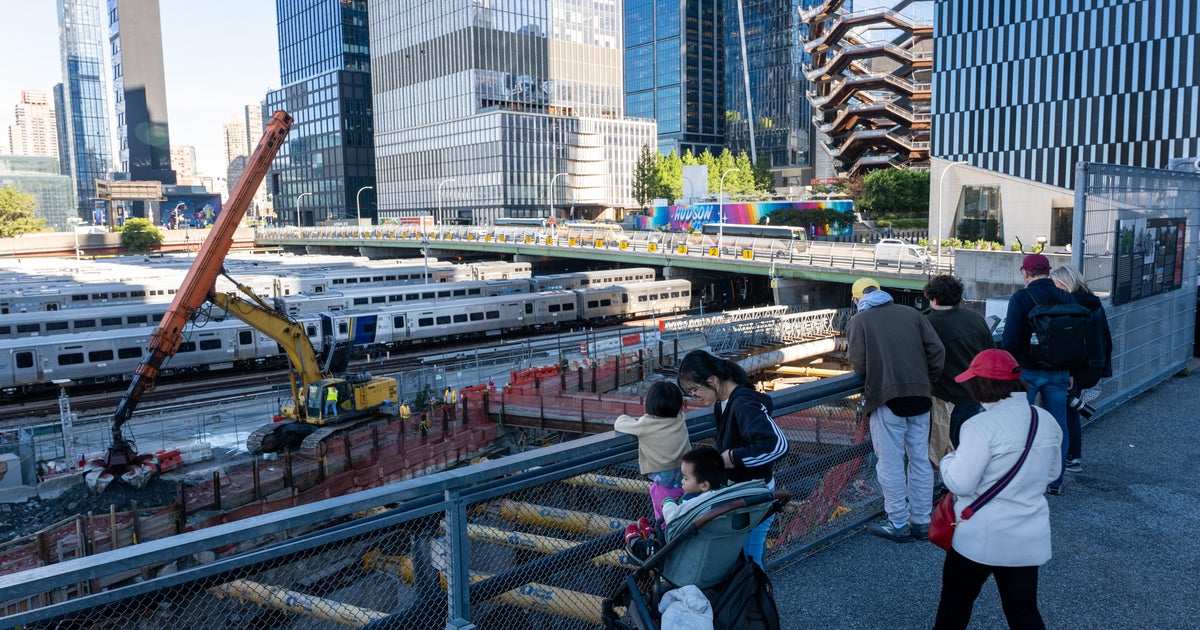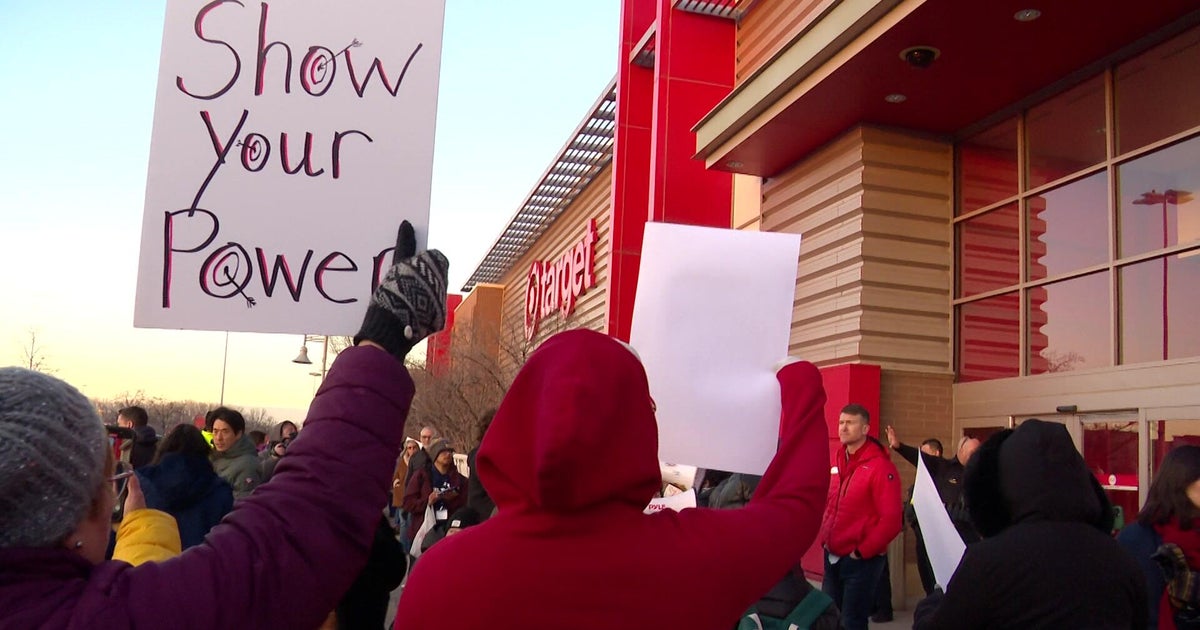FCC Investigates BART Cell Service Shutdown
SAN FRANCISCO (CBS SF) - The Federal Communications Commission is opening an investigation into the Bay Area Rapid Transit's shutdown of cell service in order to disrupt a planned protest.
The FCC wants to know whether or not BART violated any laws by disconnecting cell service inside some of its stations in order to thwart a planned protest.
Last month, protesters blocked train doors and climbed on top of cars, in response to the shooting of Charles Hill by BART officers in an incident earlier in the month. BART was trying to prevent this type of disruption when it turned off cell service last Thursday in advance of another planned demonstration.
KCBS' Holly Quan:
While there is disagreement among Board members over whether it was the right decision, President Bob Franklin said he believes BART acted correctly.
"The indications are it was a legal activity, what we did was shut off cell phone service. But we will continue our dialogue, I believe beginning today, with the FCC to make sure moving forward that we act property."
In a press conference Tuesday, BART spokesman Linton Johnson again defended the agency's decision.
Johnson said that the decision to turn off cellphone service in the BART stations was legal, and speculated that the move prevented disruptive protests Thursday like the ones that BART dealt with Monday and on July 11.
"The result was a flawless commute, but now we're defending that decision," Johnson said.
He said that the 1969 Supreme Court decision Brandenburg v. Ohio allowed BART to disable cellphone service under very specific circumstances. He quoted directly from the decision, and said that free speech may only be impeded under the rare circumstances that it is "directed to inciting or producing imminent lawless action."
BART did not shut off cellphone service in its stations during protests Monday night, because the protests announced Thursday met the circumstances of that decision, but the information gathered about Monday's protest did not, Johnson said.
Johnson said the intelligence gathered regarding the planned protest Thursday, which was organized quietly so as not to attract a large police presence, implied that protesters planned an organized disruption using different teams at different stations coordinating by cellphones to disrupt the evening commute.
The American Civil Liberties Union of Northern California sent a public letter to BART officials and the FCC Monday stating that the decision by BART violated fundamental civil liberties and was unconstitutional.
The letter cited the same Supreme Court decision that Johnson did, but said that Thursday's announced protests did not meet those criteria. "Speech does not lose its protection merely because it may lead indirectly to disruption," the letter read.
"BART's decision was in effect an effort by a government entity to silence its critics," the letter said. "BART's effort to avoid disruption by entirely shutting down all speech transmitted through wireless devices was unconstitutional."
Michael Risher, a staff attorney with the Northern California ACLU, said that he and other ACLU officials met with BART Chief of Police Kenton Rainey Monday to discuss the ACLU's concerns. He said that no conclusions were reached but that the ACLU will continue to talk to BART officials to pursue a policy change.
"Our position is that BART needs to have a policy that restricts when they can do something like this to truly extraordinary circumstances," Risher said. He said that while the ACLU is not currently seeking to file a lawsuit, that all options are open to ensure that BART does not restrict communications during future protests.
"Our major concern is to make sure this doesn't happen again," he said. "We don't want this to become a precedent that other government entities can shut down communications efforts." He said that if BART did shut off communications during Monday's protest, it could have prompted more drastic action by the ACLU.
While BART decided not to shut down cell service Monday, BART officials said before the protest that the tactic was still under consideration and did not rule out that they would take that step during Monday's protest or in the future.
A statement released by the Electronic Frontier foundation, or EFF, last week charged that interrupting cellphone service to disrupt the protest violated federal law and FCC regulations.
The EFF compared BART's actions to those by governments fighting massive protests in Egypt, Syria and Libya, where shutting down Internet or cellphone service to prevent demonstrators from communicating is a regularly employed tactic.
BART board member Lynette Sweet said that the BART Board of Directors was not consulted in the decision, but that as policy makers, they would be held accountable.
"We're the ones that are going to be held accountable for these decisions," Sweet said.
Johnson said Tuesday that the decision to cut cellphone service did not need to come from the board. "This is a staff matter," he said.
Johnson said the decision was made by BART interim general manager Sherwood Wakeman, who served as general counsel to BART for 30 years until retiring in 2007 and who was appointed interim general manager earlier this year.
Sweet said that Wakeman should have consulted the board before making such a decision. "Had that been done, I think there would have been enough input from the board to realize that this might not be the way to go," she said.
Sweet said Wakeman's temporary position makes him less accountable than someone who had not come out of retirement to take the job. "What's the worst we could do to Sherwood? Ask him to re-retire?" Sweet said.
"What we ended up doing is giving these same people another reason to come back and protest us," Sweet said.
The FCC will be investigating why the transit agency chose to shut off service before deciding if there was a violation.
KCBS and Chronicle Insider Phil Matier talks to BART Board President, Bob Franklin:
Federal Communications Bar Association President Yaron Dori said BART's action raises a bigger question and is expected to prompt a larger debate about free speech and public safety.
"Should we have laws that address these kinds of situations? There might be scenarios where a shutdown is important from a pure public safety standpoint."
Dori added there might be situations in which shutting down cell phone service would create a public safety problem because people can't call 9-1-1.
(Copyright 2011 by CBS San Francisco. All Rights Reserved. This material may not be published, broadcast, rewritten, or redistributed.)
